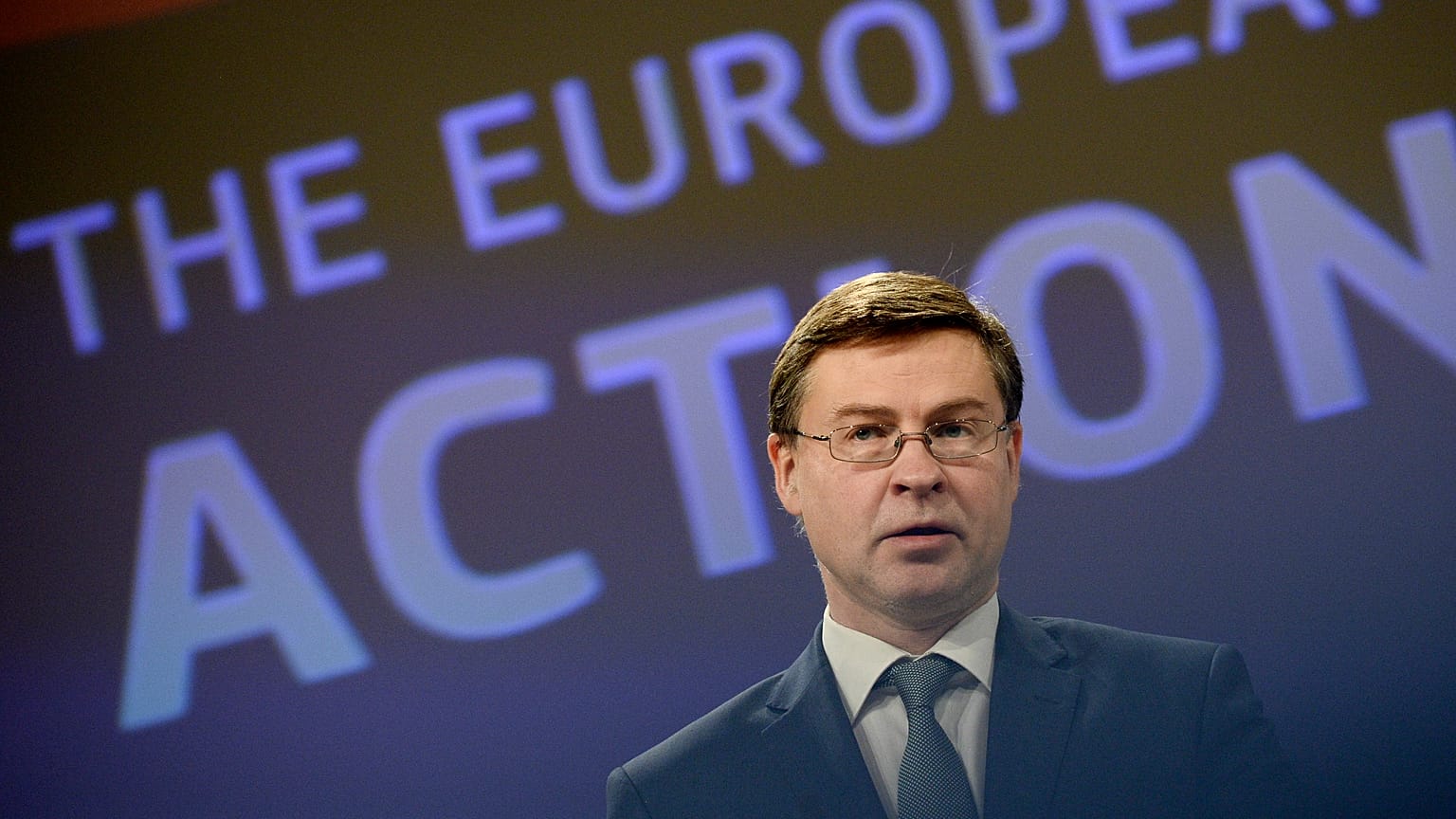The trade dispute dates back to the administration of Donald Trump.
The European Union and the United States have announced the start of discussions to resolve their trade dispute around steel and aluminium -- while at the same time address the market distortions caused by China.
The trade dispute dates back to the administration of former US President Donald Trump who, in March 2018, decided to slap extra tariffs on EU exports of steel and aluminium entering the United States. The duties were set at 25% on steel and 10% on aluminium. According to the European Commission, this represents €6.4 billion worth of trade.
As a countermove, the EU imposed extra duties on a list of US imports worth €2.8 billion. The targeted products included steel, aluminium, peanut butter, whiskey, motorcycles and jeans.
The bloc was supposed to add €3.6 billion in retaliatory charges next month to fully offset the effects of the Trump tariffs but the scheduled increase has now been temporarily suspended in order to give dialogue a chance to succeed.
In a joint statement signed by European Commission Executive Vice President Valdis Dombrovskis, US Trade Representative Katherine Tai and US Secretary of Commerce Gina Raimondo, the leaders vowed to work together to find "effective solutions that preserve our critical industries".
Both sides of the Atlantic are determined to tackle the problem of excess capacity involving steel and aluminium, which, according to the statement, is "driven largely by third parties", mainly China, by far the world's largest producer of both materials.
Excess capacity occurs when demand for a product is less than the amount a business can potentially supply. China has long been accused of this, which makes the country pile up millions of tonnes of steel and aluminium that its domestic consumers don't purchase.
As Chinese capacity grows and stocks mount, companies in Europe and the United States suffer from unfair competition, which leads to a decrease in production and a depression of prices.
"The distortions that result from this excess capacity pose a serious threat to the market-oriented EU and US steel and aluminium industries and the workers in those industries," the three leaders said, adding they intend to partner up to "promote high standards, address shared concerns, and hold countries like China that support trade-distorting policies to account".
The EU and the US want to find a long-term and viable solution before the end of the year. Besides trade, the discussions are also meant to strengthen the "democratic alliance" between the transatlantic partners.
The diplomatic breakthrough signals a new era in EU-US relations after the arrival of Joe Biden to the White House. President Biden has repeatedly expressed his desire to forge alliances with linked-minded countries to counterbalance the plethora of challenges posed by China, which the Democrat sees as America's main rival on the world stage.
Biden is set to visit Brussels next month for a high-level summit with EU leaders.















